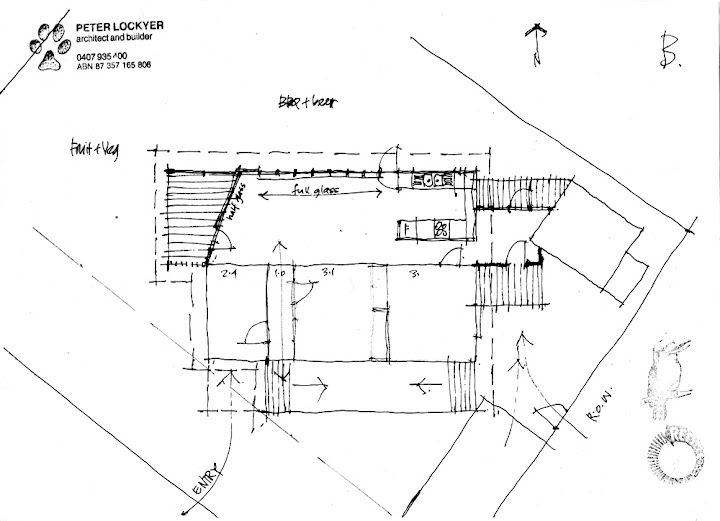Opportunity missed
Principle 3: Obtain a yield When the local newspaper arrives I head straight for the readers' bargains . You never know what people are getting rid of that may be useful. I found an advertisement for a demolition job in town and rang up the guy to check out what was available. I was interested in the framing timber. Seasoned hardwood framing timber is very hard to work with, as joinery needs to be pre-drilled - but it's perfect for decking. I asked the guy if he was interested in exchanging labour for materials - and he was. I called up a couple of days later and he had changed his mind. The reason? I should have a 'red card' (see below) to go onto a building site. I asked about accessing the building site with a registered builder after he had removed all that he wanted from the site, but he refused. I guess there was nothing in it for him, except the risk of something going wrong... fair enough. I did some research and found out that a 'red card' is now called...





